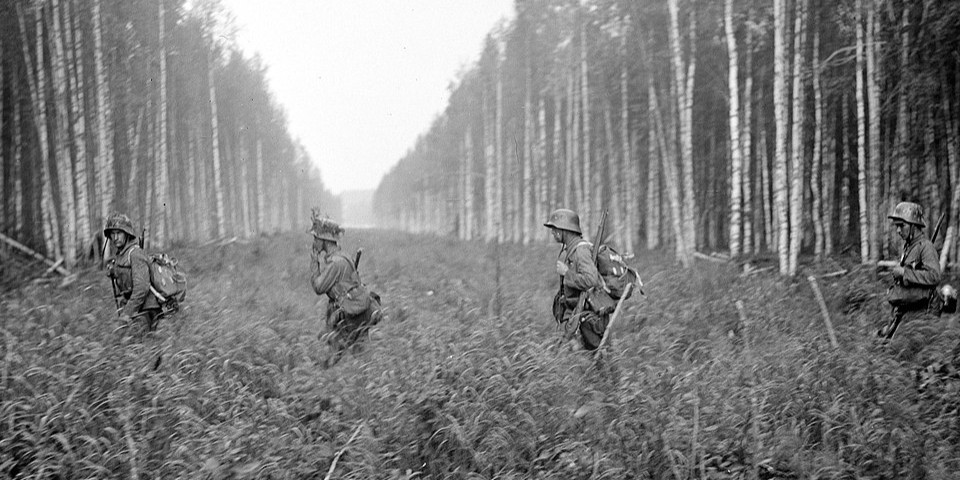A new frontline mindset: Why defence is now a civic duty across the continent
Others are reading now
A new frontline mindset: Why defence is now a civic duty across the continent
Rising tension puts Europe on alert
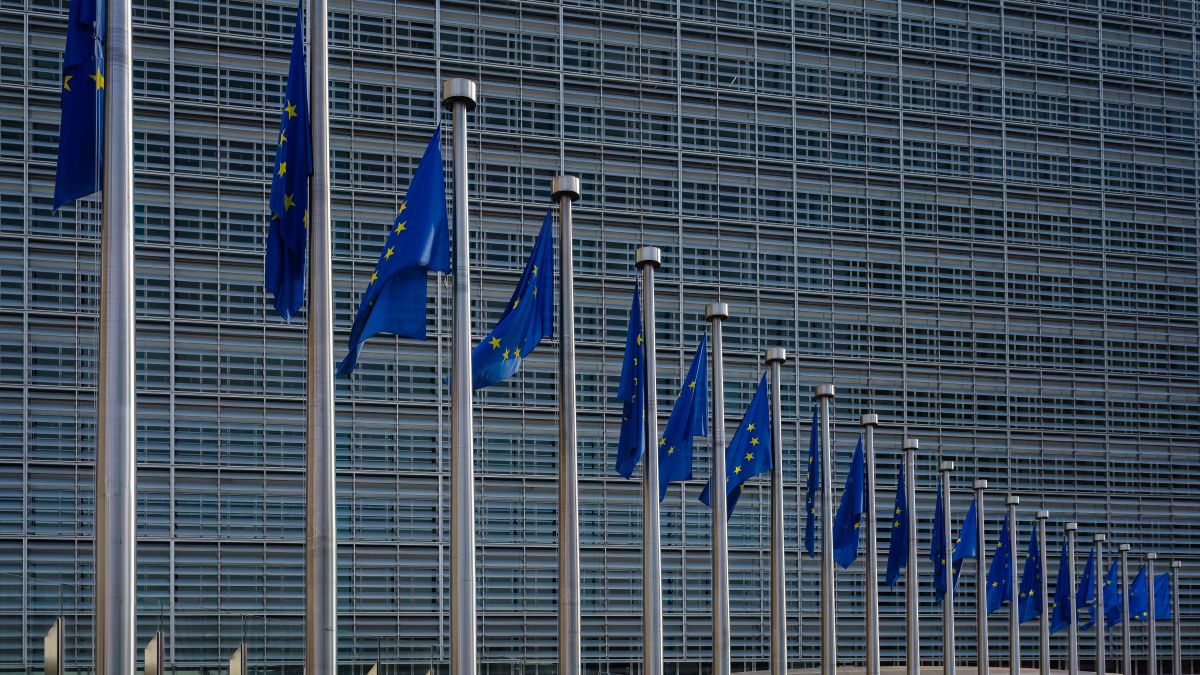
EWith conflict raging near NATO’s eastern flank, European countries are facing renewed pressure to bolster their military readiness.
As fears grow over regional instability, many governments are reevaluating how prepared they really are for potential threats. The post-Cold War peace dividend appears to be over, with defence once again taking centre stage in national debates.
Conscription’s comeback across the continent
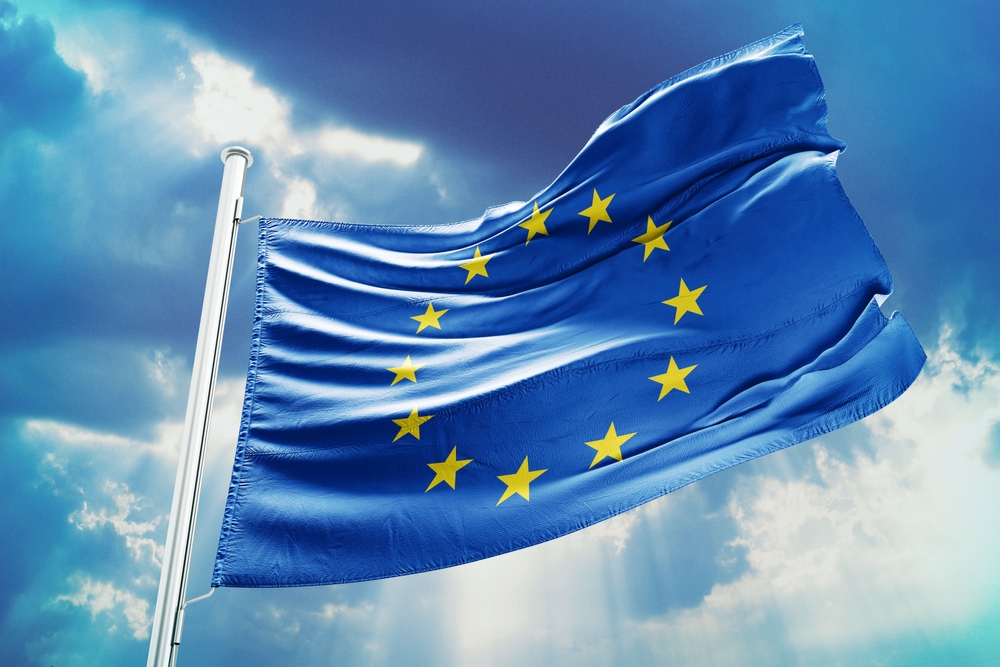
For years, conscription was seen as a relic of the past in much of Europe. After decades of peace, many countries phased out mandatory military service in favour of professional armies.
But recent conflicts have shifted the mood. As geopolitical risks rise, nations are reconsidering conscription — not just as a tool for defence, but as a means of civic duty and national resilience.
Also read
Croatia becomes the first NATO country to reintroduce mandatory service
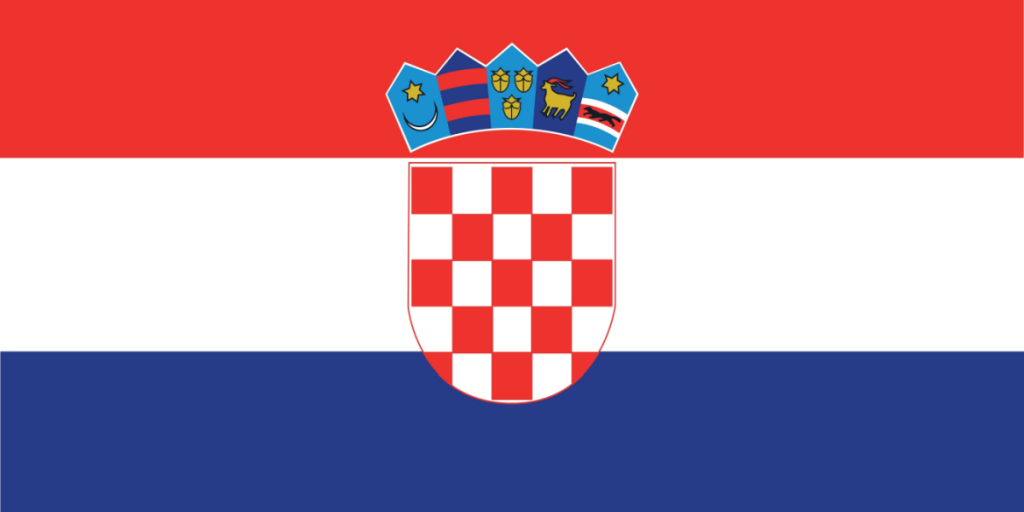
According to Digi24,ro Croatia has announced that beginning in January, all men under the age of 30 will be required to complete two months of military service.
This makes Croatia the first member of the North Atlantic Alliance to reinstate conscription in response to the current threat environment. The government cited a “heightened threat level” as the reason for the change, signaling growing concern over regional security, Digi24.ro reports.
Financial incentives and flexible service options in Croatia
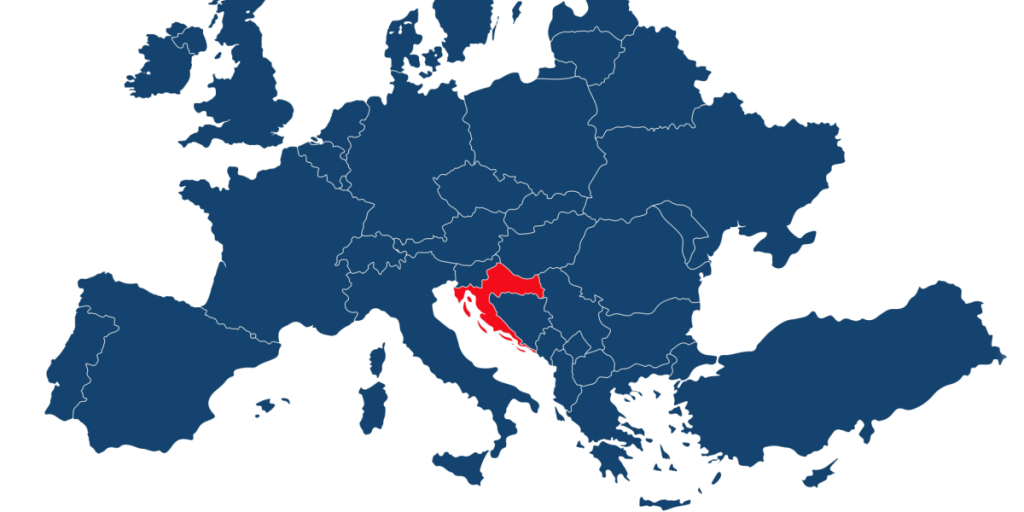
As reported by Digi24, Croatia’s plan includes an alternative to military training: a four-month civilian service option.
Recruits who choose this path will serve in administrative roles within the Ministry of National Defence. In return, they will receive a monthly salary of €1,100, making the scheme not only a duty but a paid opportunity.
The north and east tighten ranks: Nordic and Baltic countries’ stance
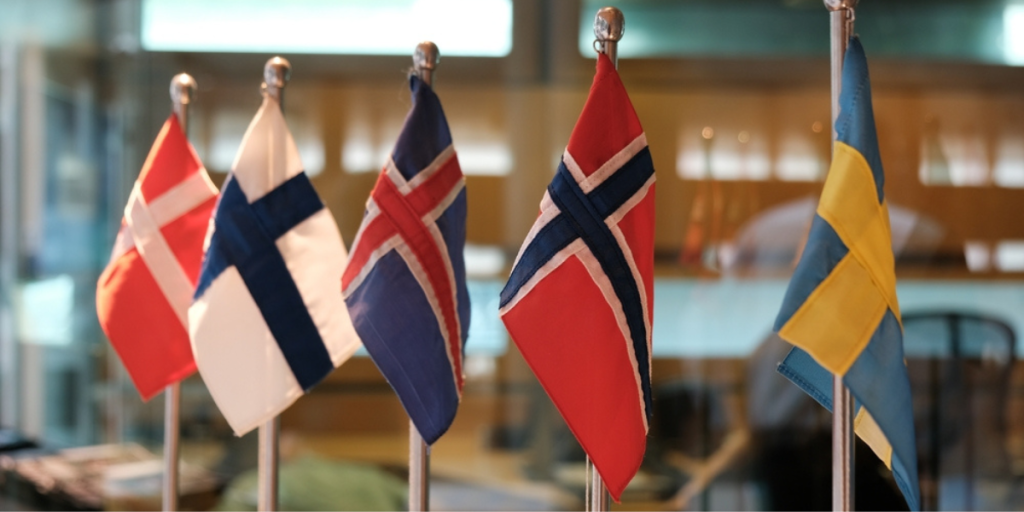
Other European nations have already moved in similar directions. Digi24 notes that countries such as Denmark, Sweden, Finland, Latvia, and Lithuania maintain forms of compulsory military service, typically lasting between six and eleven months.
Also read
These programs reflect a broader regional response to increased tensions near NATO’s borders.
Voluntary defence plans under review in Germany, Poland, and Romania
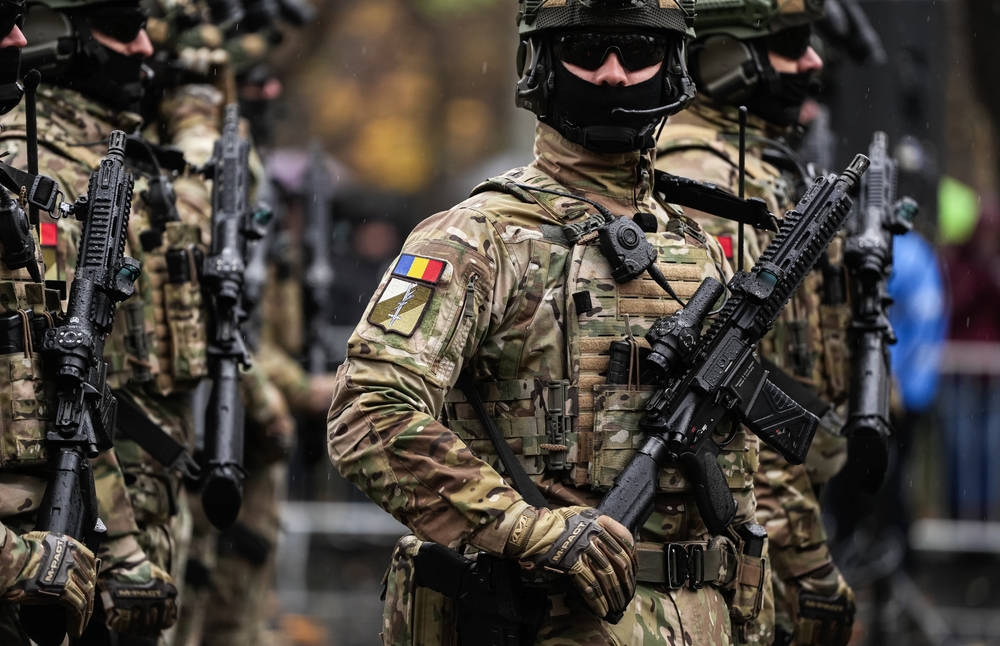
According to Digi24, Germany and Poland are currently drafting legislation to introduce voluntary military service.
Romania has also made progress on a similar plan: the Ministry of National Defence is awaiting parliamentary approval for a proposal that would see recruits under 35 undergo four months of training.
Those who complete the program will receive a bonus equivalent to three average gross salaries, Digi24.ro reports.
Military readiness becomes a political priority
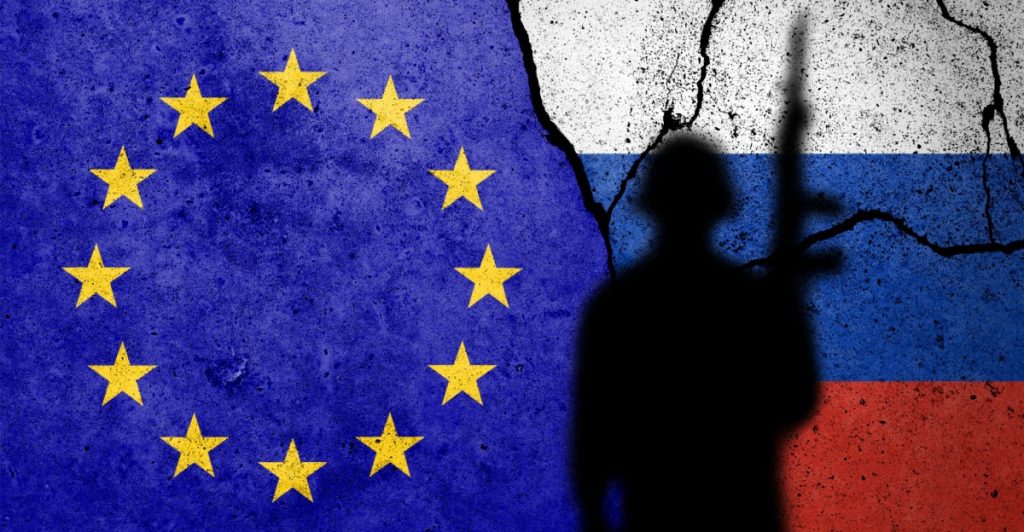
Across Europe, military preparedness is no longer a niche issue — it’s a core topic in political and public discussions. As traditional security assumptions are challenged, governments are investing more in defence capabilities and engaging citizens directly through service programs.
Also read
The shift signals a deeper awareness that national defence is not just the military’s responsibility, but society’s as a whole.
A continent preparing for uncertainty
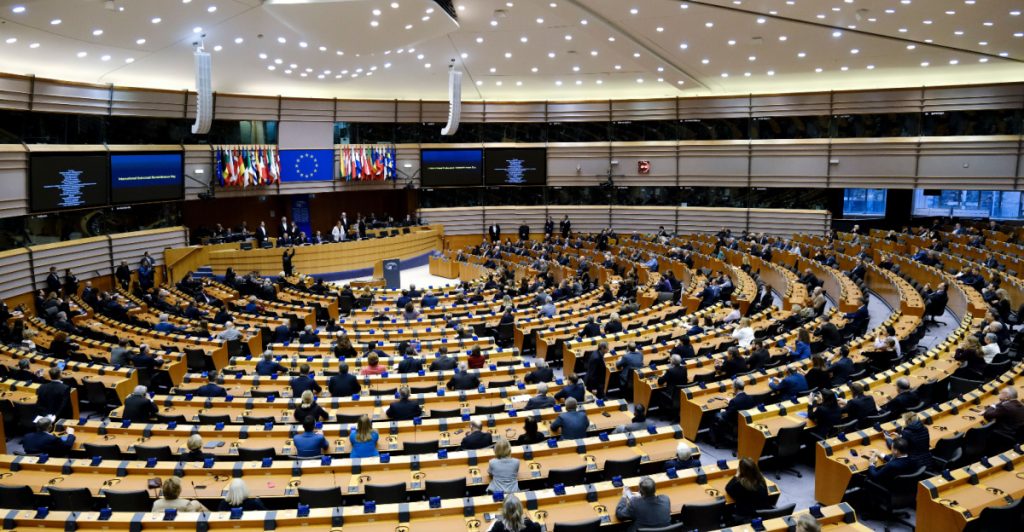
The reintroduction of military service, whether mandatory or voluntary, reflects a broader strategic shift in Europe.
With instability at its doorstep, the continent is preparing for scenarios once thought unthinkable. These changes may mark the beginning of a long-term recalibration in how European nations approach national defence and collective security.

